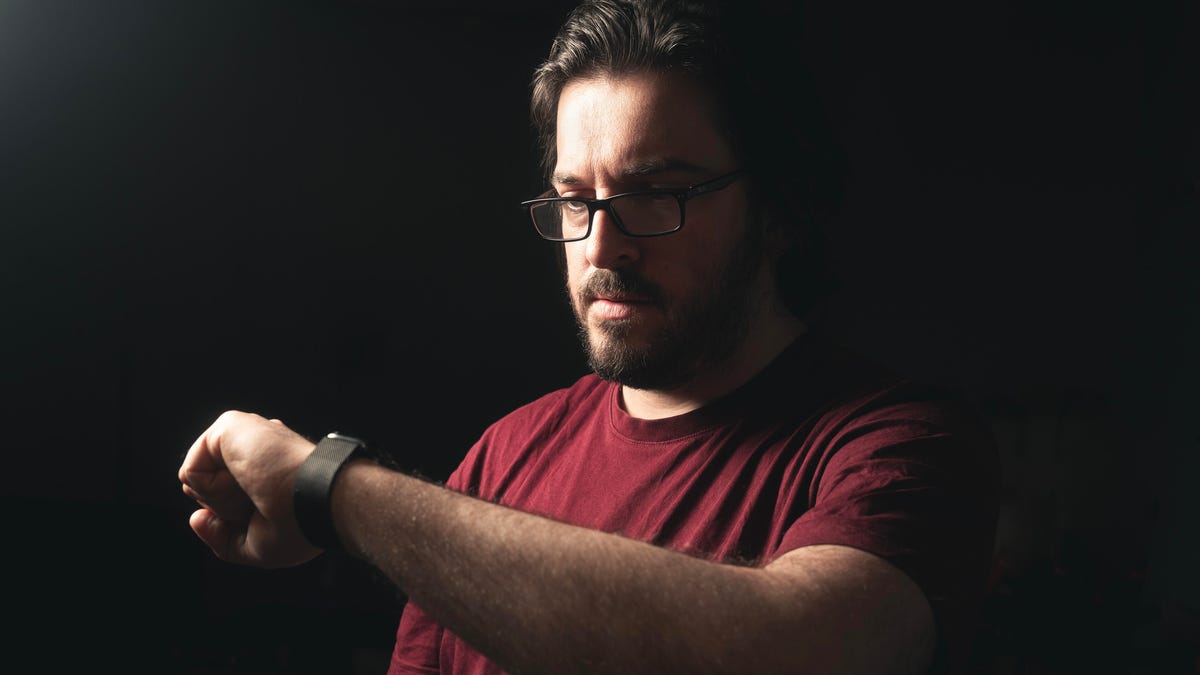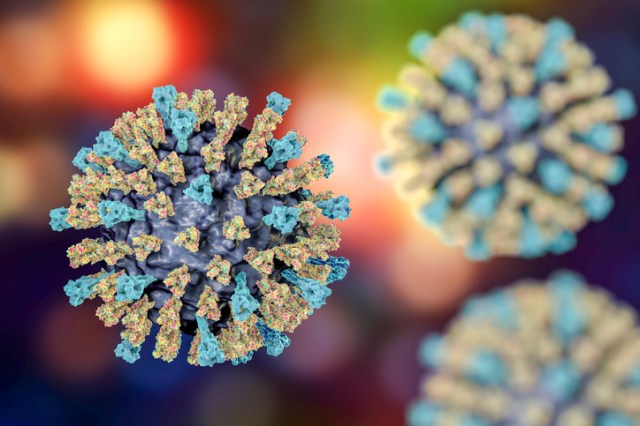Beyond the Heartbeat: How Apple's Watch Series 11 Triggers My Health Anxiety Spiral

As someone who has battled health anxiety for years, I find myself both intrigued and overwhelmed by the latest technological health innovations like the Apple Watch and AI-powered health monitoring tools. These cutting-edge devices promise peace of mind, but for someone like me, they often trigger more worry than relief.
Living with health anxiety means every notification, every data point, and every potential health warning becomes a source of intense emotional turbulence. The Apple Watch, with its heart rate monitoring, ECG capabilities, and fall detection, sounds like a marvel of modern technology. Yet, for me, it represents a potential minefield of panic-inducing alerts.
AI health tools that promise early detection and personalized insights sound revolutionary. But where others see proactive healthcare, I see a constant reminder of potential medical catastrophes. Each algorithm-generated health prediction becomes a rabbit hole of worst-case scenarios in my anxious mind.
My struggle isn't with the technology itself, but with my brain's tendency to catastrophize. These tools, designed to provide reassurance, often do the opposite for those of us wrestling with health anxiety. The constant stream of data becomes less about health management and more about feeding an endless cycle of worry.
While I recognize the incredible potential of these innovations for many, I've learned that managing health anxiety requires a more nuanced approach—one that balances technological insights with mental health awareness and professional guidance.








